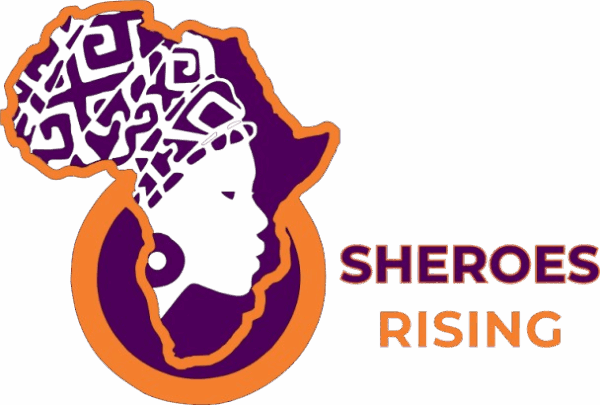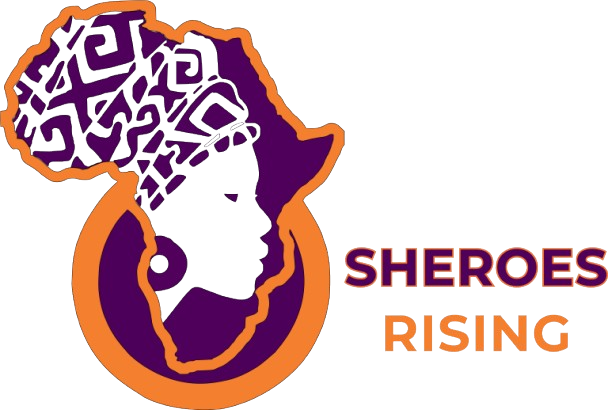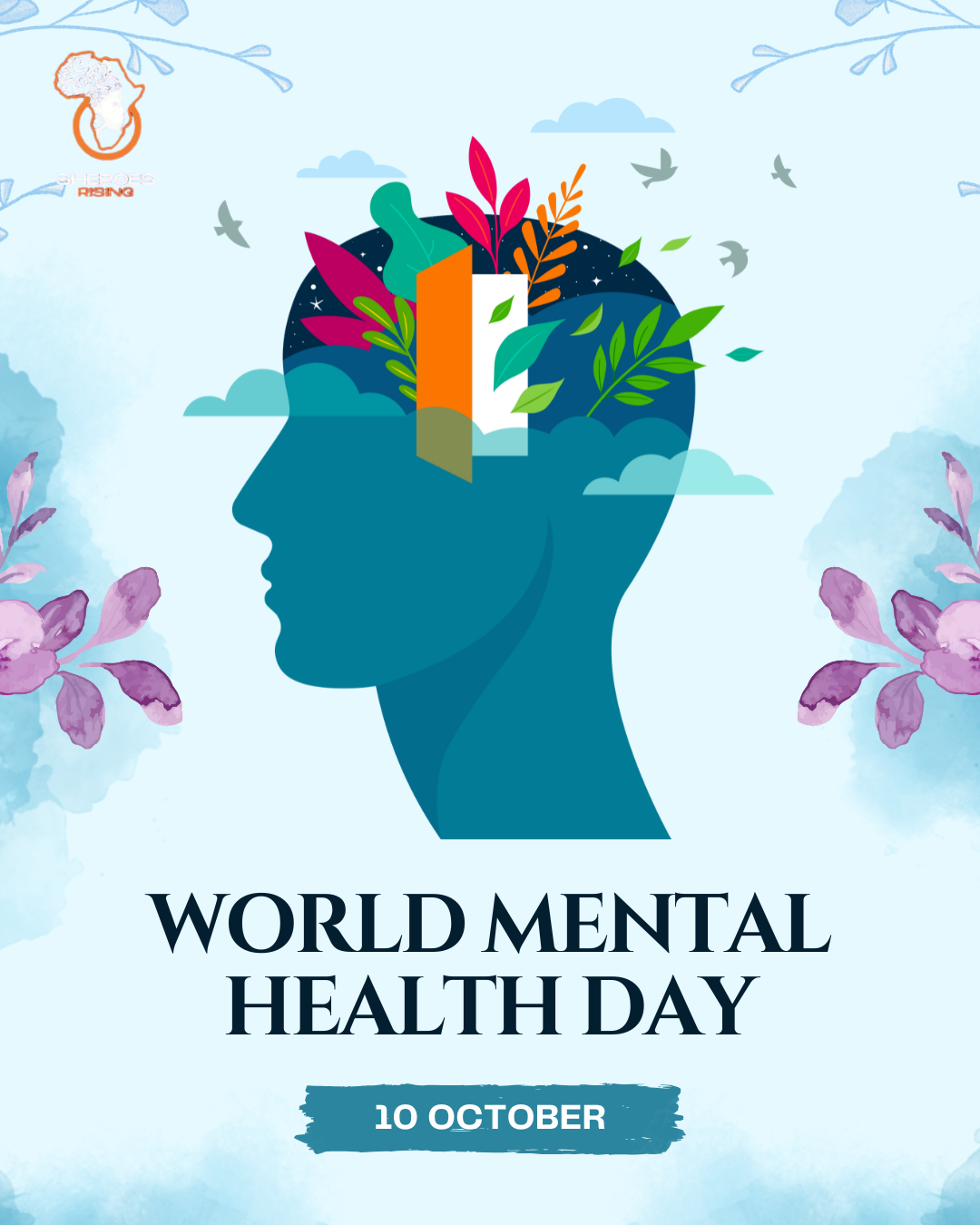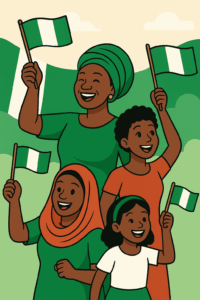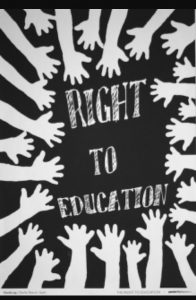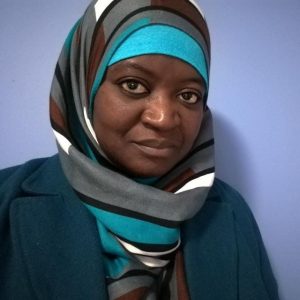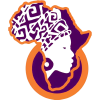Is Mental Health Access for Survivors of Conflict and Disaster, Empowering Women, providing support for Girls, and Children
Today is the world turns its focus to those whose peace of mind is shattered by conflict, disaster, and inequality. The theme, “Mental Health Access in Catastrophes and Emergencies” harps on the urgent need for mental health support for survivors of conflict and disaster. It is a global call to recognize that mental well-being is not a privilege but a human right.
It is known all over the world that in every crisis, the quietest voices often that of women, girls, and children. They face not only hunger, displacement, and illness but also violence, stigma, and neglect. Their bodies and minds bear the cost of survival, and the world often looks away.
For women, mental health challenges are deeply intertwined with physical and social realities. From adolescence to motherhood and menopause, they experience hormonal changes, reproductive health issues, and societal dynamics that constantly test their resilience.
But beyond biology lies a darker truth; gender-based violence (GBV). Across the world, millions of women experience domestic abuse, sexual assault, harassment, oppression and emotional manipulation. These acts leave invisible wounds that often last longer than physical scars leading survivors into depression, post-traumatic stress disorder (PTSD), anxiety, and even suicidal thoughts.
In conflict zones and humanitarian crisis, the risks multiply. Displacement camps and disaster areas often lack security, exposing women and girls to sexual exploitation, forced marriages, and trafficking. Many suffer in silence, fearing stigma or disbelief. Physical injuries from violence merge with psychological pain, creating a deep cycle of trauma and shame.
Mental Health is one of the life’s realities that is hushed, stigmatized and avoided. But in recent years, a lot of women have risen and spoken out to break the silence, shed light on mental health and call for de-stigmatization.
- Lady Gaga – USA (Artist & Founder of Born This Way Foundation)
Having faced PTSD, chronic pain, and sexual assault, Lady Gaga became one of the most vocal global advocates for mental health awareness. Through her Born This Way Foundation, she empowers young people to build emotional resilience, kindness, and self-acceptance. Her music, activism, and openness have turned personal pain into global inspiration.
- Princess Diana – United Kingdom (Royal Advocate & Humanitarian)
In an era when mental health was rarely discussed, Princess Diana spoke candidly about her bulimia, depression, and isolation. Her courage redefined compassion in public life and broke centuries of silence around mental illness. Today, her legacy continues to inspire global mental health advocacy and awareness.
Nigeria’s Hauwa Ojeifo – (Survivor & Founder of She Writes Woman)
After surviving severe depression and a suicide attempt, Hauwa Ojeifo turned her pain into purpose. She founded She Writes Woman, a nonprofit providing safe spaces, therapy access, and mental-health education for Nigerian women. Her work also influences government mental health policies, amplifying the voices of those often ignored.
- Mahira Khan – Pakistan (Actress & Global Ambassador)
Mahira Khan has openly shared her struggles with depression and anxiety, breaking stigma in Pakistan. She serves as an ambassador for the British Asian Trust’s “Peace of Mind” campaign, raising awareness and supporting mental health programs across Pakistan. Through her openness and advocacy, she normalizes therapy and emotional well-being in a society where silence has long prevailed.
- Marsha M. Linehan – USA (Psychologist & Creator of DBT)
Once hospitalized for self-harm and suicidal thoughts, Marsha M. Linehan used her lived experience to revolutionize mental health care. She developed Dialectical Behavior Therapy (DBT), now one of the most effective treatments for trauma, borderline personality disorder, and chronic emotional pain. Her journey from patient to pioneer changed the global perspective on mental illness, from shame to survival.
Gender-Based Violence: The Deepest Scar that drives mental health
Gender-based violence is not just a social injustice, it’s a global mental health crisis. Victims of sexual or domestic violence live with chronic stress, hypervigilance, guilt, and fear. Their bodies may heal, but their minds continue to relive the trauma.
The silence surrounding GBV deepens the pain. Survivors are often blamed, shamed, or silenced, leading to self-isolation, loss of confidence, and severe depression. Breaking this silence is the first step toward recovery and justice.
For many young girls, mental health struggles begin early, in schools, homes, or online spaces. They are expected to be perfect students, obedient daughters, and beautiful faces all at once. And these days, social media pressure, body image anxiety, and bullying amplify their emotional burden.
Many girls also suffer physical health challenges, from malnutrition, menstrual pain, and poor hygiene to reproductive illnesses; all silently shaping their mental state. These issues are often dismissed as “normal,” leaving those struggles unseen and scars invalidated.
In many parts of the world, early marriage and gender discrimination rob girls of their childhood. Those forced into adult roles too soon face postpartum depression, emotional distress, and physical complications that deepen mental pain.
Gender-based violence starts early, violence in the home, harassment in schools, unsafe public spaces, and domestic abuse all chip away at confidence and trust, teaching girls to live in fear rather than flourish.
Children: The Forgotten Faces of Trauma
Children may appear resilient, but their minds remember everything. Exposure to violence, poverty, neglect, or conflict leaves deep scars on their developing psyche. In war zones, natural disasters, or abusive homes, children often witness horrors they can’t process, from losing parents to watching homes destroyed.
The result: nightmares, aggression, withdrawal, and delayed development. Without emotional support or therapy, these turn into long-term trauma. Boys, in particular, internalize pain as anger or silence, because society discourages them from expressing emotion.
Physical illness and malnutrition worsen the struggle. A child without food or safety cannot think, play, or learn freely. In humanitarian crises, when food, shelter, and healthcare vanish, mental health collapses alongside physical survival.
Studies show survivors of floods, earthquakes, and wars are far more likely to develop depression, panic disorders, and PTSD, especially those facing gender-based violence or family loss.
Healing the World Starts with Her
How does all these relate to women? Because they are the nurturers of life and providers of emotional support. They cannot give what they don’t have. The world will only heal when the woman heals.
- When her body is respected and her pain is believed, her mind begins to heal.
- When the girl grows up free from fear, she does not only learn that her worth is not defined by anyone else, she shines the light on others to define themselves.
- When a child finds safety, their laughter returns, and with it, hope for the future.
World Mental Health Day 2025 reminds us that mental health is the foundation of human dignity.
To heal the world, we must start with those who suffer quietly, the women, girls, and children who carry both visible and invisible scars.
Because when she heals, the world heals too.
Umm E Habiba.
Punjab, Pakistan.
